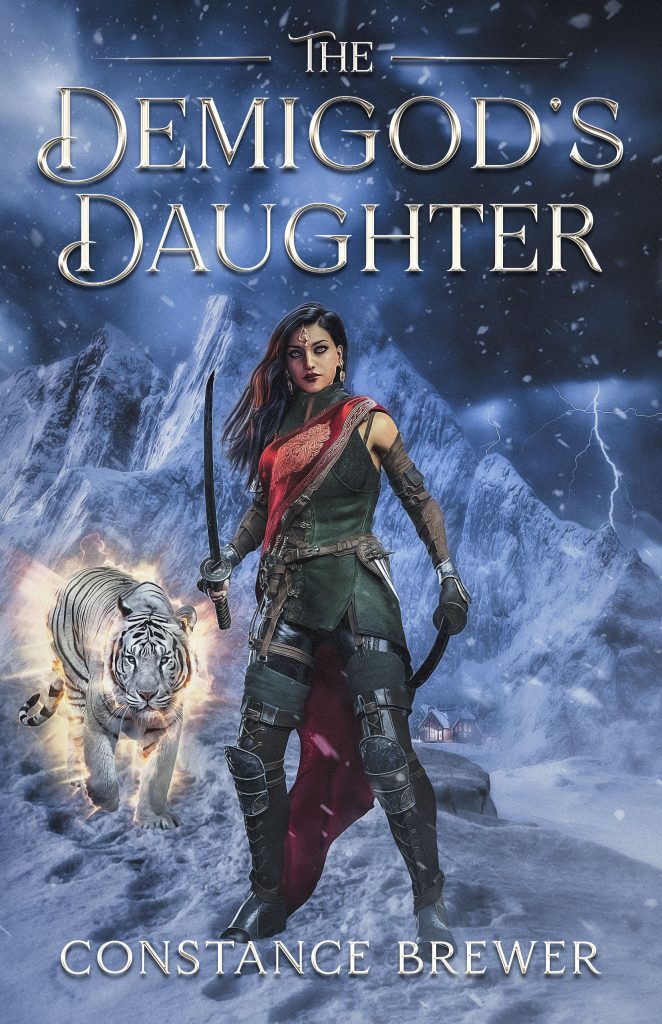Fantasy, poetry, and essays rooted in myth, science, and the human heart.

The Demigod’s Daughter—An Epic Fantasy
When a fresco painter’s child is kidnapped, she asks for help from an unlikely source—a disgraced god stripped of his powers.
Available Now!—Learn More

Constance Brewer writes epic and urban fantasy shaped by myth, science, family, and impossible choices, along with poetry rooted in the complexities of everyday life. She lives amid the vastness of the Wyoming plains and its endless night sky.